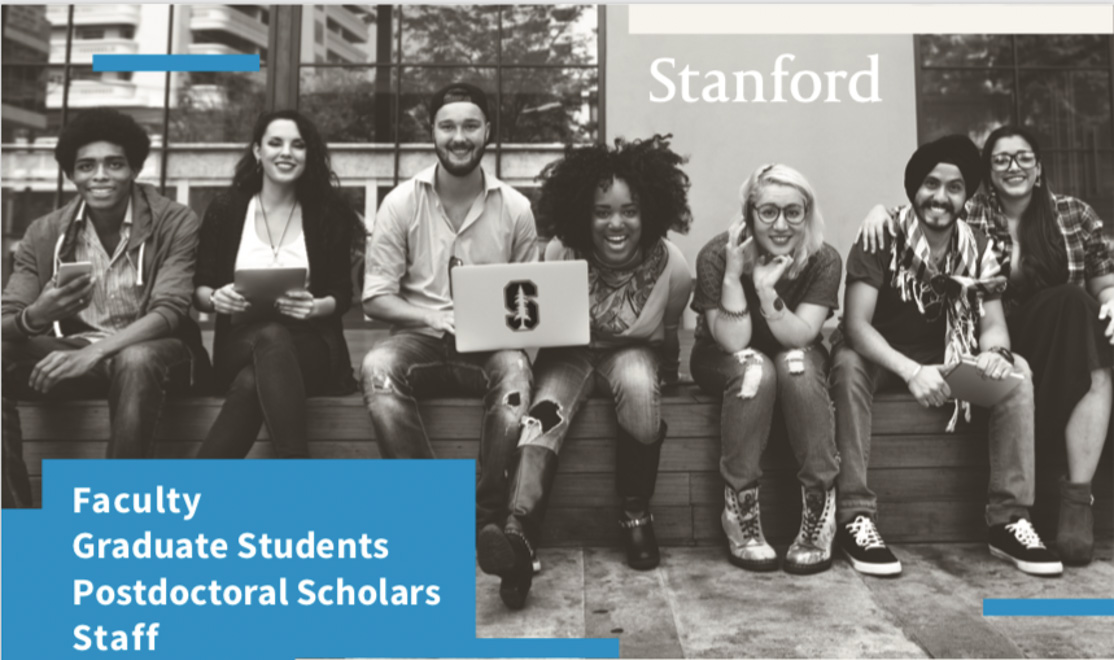The Affordability Task Force is soliciting the input of faculty, graduate students, postdoctoral scholars and staff for its first Affordability Assessment to seek ways of easing the impact of Bay Area financial burdens. The Affordability Assessment –– a confidential, online survey –– is live from Jan. 28 to Feb. 8.
An initiative launched via Stanford’s Long-Range Planning (LRP) process, the Affordability Task Force was created this spring in response to the high cost of living in the Bay Area. The Task Force aims to strategize ways to improve housing, transportation, childcare and employee benefits for Stanford affiliates. An LRP white paper report published in January 2018 indicated that many postdoctoral scholars, staff and non-tenure-line educators felt like “second-class citizens” at Stanford, leading the University to coordinate a focused effort to address affordability issues.
The Affordability Task Force aims to engage stakeholders as part of its data collection process. While the University recently surveyed Stanford affiliates to gather input about the workplace, the affordability assessment focuses instead on community priorities and satisfaction with the programs and plans currently offered.
“Our regional affordability challenges present issues that affect transportation, housing, child care and benefits, so we’re asking community members for specific input about the personal impact of these issues to directly inform our recommendations,” Elizabeth Zacharias, vice president for human resources and chair of the task force, told Stanford News.
The results of the affordability assessment will help the the task force identify and prioritize the community’s most salient needs. The task force will formulate recommendations to present to the executive cabinet –– the University’s executive officers –– later this year.
According to Valerie Beeman, senior director of communications for Cardinal at Work, the task force is hoping for a high level of participation. To promote the survey and the initiatives of the task force, the University launched an Affordability Task Force microsite and developed a landing page on the Cardinal at Work employee website directing visitors to the University’s long-range vision information page.
The assessment was developed through a partnership between the task force and Mercer, a third-party human resources consulting firm. The firm will analyze and report the results in aggregate; no individual responses will be reported back to the task force.
Contact Alex Tsai at aotsai ‘at’ stanford.edu
